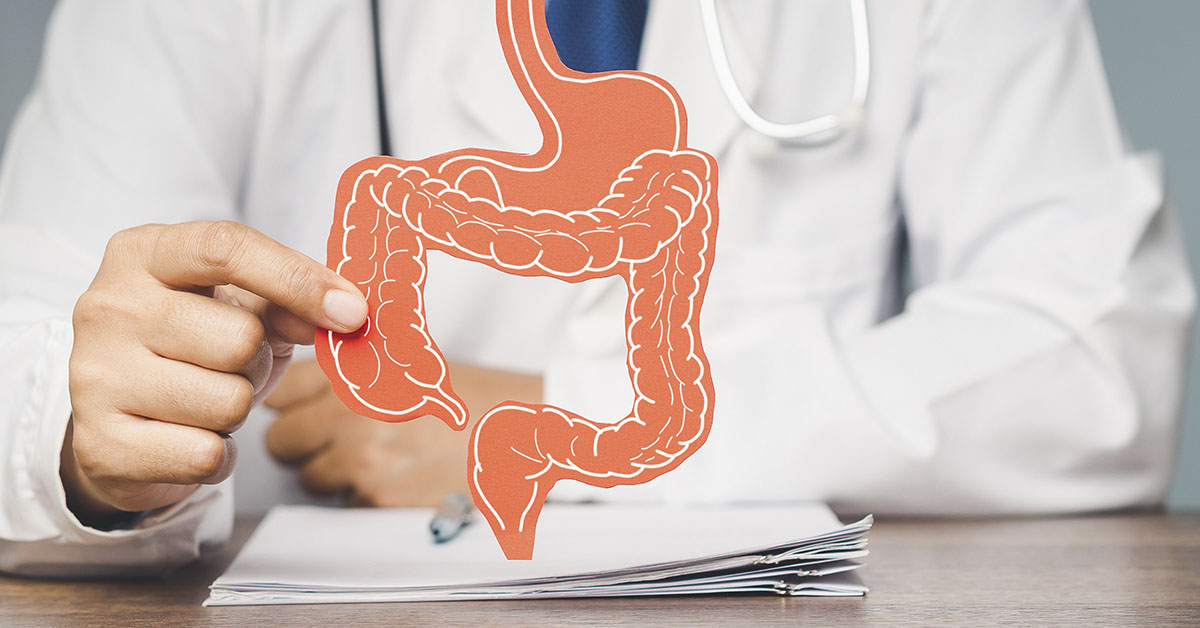Danni Duncan thought she was doing everything right. The 39-year-old Melbourne fitness coach ate 90 percent whole foods, worked out daily, and barely touched alcohol. Her four kids know her as the mom who makes homemade snacks and prioritizes health above everything else. So when doctors found a 0.7 x 0.8-inch cancer tumor in her bowel that had already broken through the wall, Duncan couldn’t understand how this was possible.

She had no family history of cancer. No obvious risk factors. Except now a stage 2 diagnosis that seemed to mock everything she believed about healthy living. She thought about all those homemade snacks for her kids, all those morning workouts, and cancer still found her.
Colorectal Cancer Targets a Generation
Duncan isn’t alone in this. By 2040, this type of cancer will surge to 3.2 million new cases, a 63% jump from current levels. For people under 50, the disease has become the top cancer killer among men and ranks second for women.
Meanwhile, while older adults see their cancer rates drop thanks to regular screening, younger people face the opposite reality. Doctors worldwide are scrambling to understand why healthy, active people in their 30s and 40s are being diagnosed at record numbers.
Duncan’s Instagram post about her experience exploded with over 909,000 views. The comments show the same pattern repeatedly. Marathon runners, yoga instructors, and personal trainers are all facing the same devastating diagnosis.
The Childhood Connection Nobody Saw Coming
However, Duncan’s story points to a troubling possibility that many experts are investigating. She grew up during a time when ultra-processed foods were becoming popular, with marketing focused on convenience for busy parents. Breakfast often consisted of sugary cereals and white bread, while lunch was chicken patties. Dinners included fast food or frozen pizzas.
But this wasn’t bad parenting. This was 1990s life when processed foods seemed like progress. Duncan’s generation became unwitting test subjects in the world’s largest nutritional experiment. Born between 1980 and 1995, they grew up as convenience foods swept across developed countries. She thinks about those ’90s breakfasts now and feels sick.
Meanwhile, scientists believe that early dietary patterns may influence long-term health, with emerging research suggesting childhood nutrition could affect the onset of bowel cancer risk decades later.
That’s exactly what Duncan suspects happened to her. “This is not genetic. This is not a lifestyle,” Duncan explains in her viral video. Yet experts suspect that the damage may have been done years before she ever stepped foot in a gym.
What Parents Need to Know Now
“Over the last 10 to 12 years, I’ve made conscious changes in my nutrition,” she told reporters. “We now eat 90 percent whole foods, vegetables, fruits, legumes, whole grains. I don’t buy packaged snacks. I make them all.”
Now, health experts know what triggers this cancer. Diets high in processed meats and low in fruits and vegetables, obesity, smoking, and excessive alcohol consumption all play a role.
Duncan’s message to parents is direct and clear. “It does matter what you feed your kids. Stop feeding your kids things that are not good for them.” Her urgency comes from living the consequences of what seemed like normal childhood eating habits. Every parent reading her post felt the same fear. Are we feeding our kids their future cancer?
The Bowel Cancer Warning Signs Everyone’s Missing
Duncan’s symptoms began quietly, masquerading as everyday exhaustion that many busy mothers experience. Her energy plummeted after workouts she used to complete effortlessly. Severe bloating made her appear pregnant when she wasn’t, and she found herself unable to finish marathons or maintain her usual gym routine.

“I was also weirdly bloated. I looked about 20 weeks pregnant,” Duncan told reporters. “It turned out I was anemic and bleeding from somewhere.” The tumor positioned high in her bowel meant she couldn’t see blood in her stool, but it slowly drained her iron reserves, leaving her increasingly pale and exhausted.
What makes Duncan’s case particularly concerning is how easily these symptoms can be dismissed. Doctors now recognize that changes in bowel habits, unexplained weight loss, persistent abdominal pain, and iron deficiency anemia are red flags that warrant immediate investigation, especially in younger adults who don’t fit the typical risk profile.
Yale cancer doctor Veda Giri points to multiple factors driving rising bowel cancer rates in young adults. “Increasing incidence of obesity, sedentary lifestyle, physical activity, as well as changes in environmental exposures through the generations are important leads,” she explains.
The Wake-Up Call We Can’t Ignore
Duncan underwent a hemicolectomy to remove the right side of her large intestine and will endure three months of chemotherapy. She’s using her platform to advocate for awareness and screening. The fitness coach who taught clean eating had been hurt by childhood cereal and frozen dinners.
“If you have any symptoms at all, please go and get checked, even if you don’t have common symptoms,” she urges. “If you feel something is off, if you’re worried, your GP should be worried.”
After all, her journey represents more than one person’s medical crisis. It’s evidence of how dietary patterns from decades past may be reshaping health outcomes for an entire generation. The convenience revolution of the 1990s created eating habits that experts now suspect could be contributing to the current cancer surge.
Today, young, fit, and healthy adults are developing bowel cancer in record numbers. Duncan’s message is clear. The choices we make for our children’s plates today could echo through their lives for decades to come. The question isn’t who to blame for past decisions made with the best intentions. It’s what we do with what we know now.
Read More: Woman Battling Advanced Colon Cancer Shares Unlikely Symptom That Didn’t Affect Her Digestion

